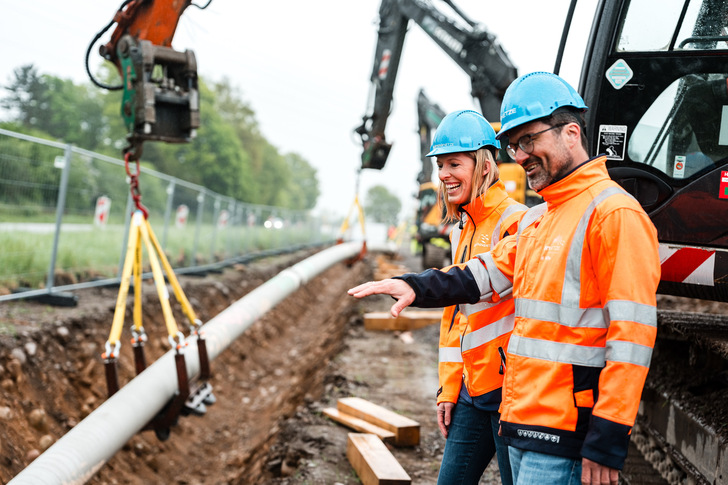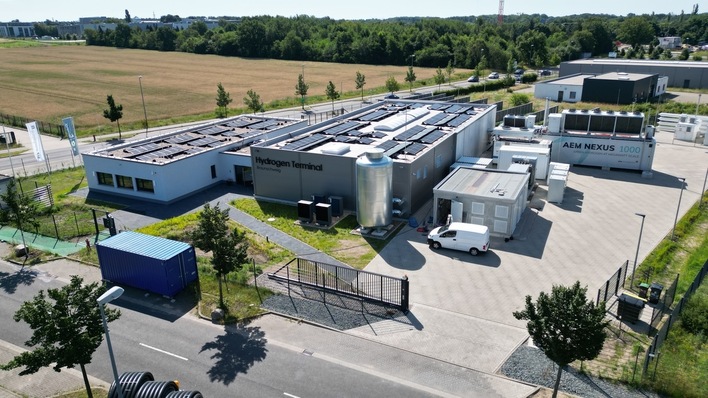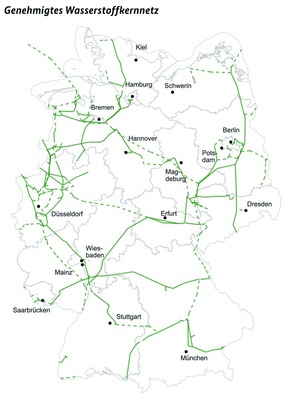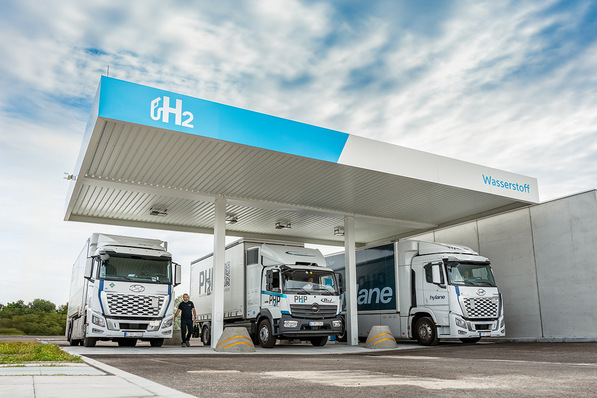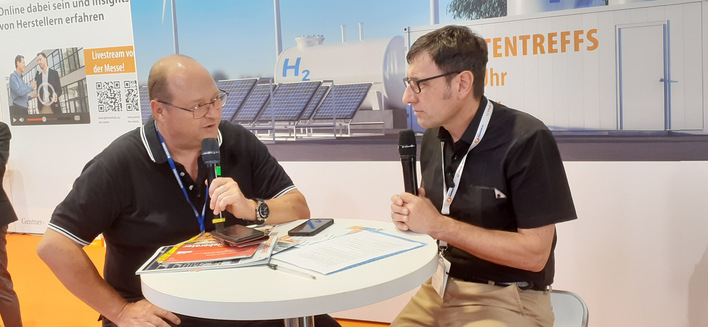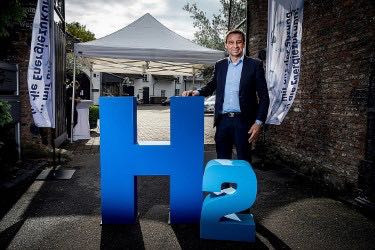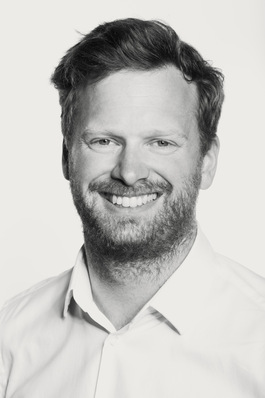The H2@Hochrhein project involves the construction of a new pipeline approximately 58 kilometers in length, running between Grenzach-Wyhlen and Waldshut-Tiengen. The pipeline is intended to supply green hydrogen primarily to energy-intensive industries along the Upper Rhine. The hydrogen will be sourced both from local production and from feed-in points connected to the wider network.
Construction work began in March 2025 with a roughly nine-kilometer section between the municipalities of Albbruck and Dogern. By the end of April, the first segment – approximately 350 meters of pipeline – had been laid. Commissioning of the entire project is scheduled for completion by 2030.
"The development of a high-performance hydrogen infrastructure is a key element of the energy transition. The fact that we are among the first to begin construction demonstrates that we are actively, concretely and boldly shaping the transformation," said Dirk Sattur, Member of the Executive Board at badenova.
In this project, badenovaNetze is taking on an active role in building the hydrogen core network—an unusual step for a distribution system operator (DSO) in Germany. This positions the company on equal footing with transmission system operators (TSOs). The integration of transmission and distribution infrastructure is considered essential for the development of a functioning hydrogen market.
Julie Bürkle-Weiss, Technical Managing Director of badenovaNetze, emphasized: "With the approval of the core network and the early start of construction, the hydrogen ramp-up in southwestern Germany is gaining momentum much earlier than originally expected. This provides planning certainty for industry and municipalities and strengthens the long-term attractiveness of the Upper Rhine region as a business location."
As early as October 2024, two key badenova projects—H2@Hochrhein and RHYn Interco—were incorporated into the Federal Republic of Germany's hydrogen core network. Cross-border connections are also being considered: a preliminary feasibility study is currently being conducted in cooperation with Industrielle Werke Basel (IWB) to explore potential Rhine crossings and network connections into Switzerland.
The progress of the project is also the result of close coordination with regional stakeholders. In particular, the district of Waldshut and the municipalities of Albbruck and Dogern have actively supported the preparatory process. District Administrator Dr. Martin Kistler highlighted the strategic importance: "It sends a strong signal for our region as a business location that construction of the national hydrogen network in Baden-Württemberg is beginning here on the Upper Rhine. This gives our energy-intensive industries a clear perspective for the future."
In collaboration with industrial companies such as Evonik, RWE and Bosch, badenova is involved in a joint hydrogen initiative in the Upper Rhine region. With the construction of the hydrogen network, badenova is undertaking one of the largest investment projects in the company's history.


